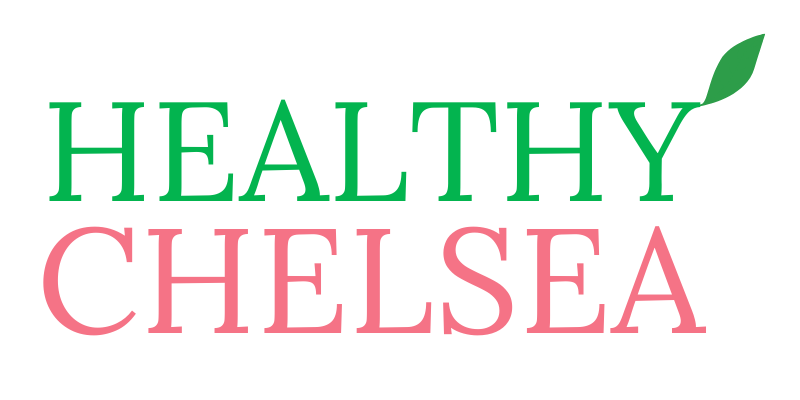Full-Fat Dairy vs. Low-Fat Dairy…Is One Better than the Other? Which Should You Choose?
When shopping for cheese, milk, and yogurt, which is better for you?
Full-fat dairy?
Or low-fat or non-fat dairy?
These are questions I get from my clients, who often feel totally overwhelmed with making the “best” choices when they’re at the grocery store.
If you haven’t read my article, “Is Dairy Healthy? And Should You Switch to a Plant-Based Milk?” then read that first and then come back here. It will give you a thorough understanding of the science behind why you should (or shoudn’t?) be consuming dairy…
But once you decide to have milk, cheese, and yogurt, which type do you choose?
Fat-free? Skim?
1%? 2%?
4 %? Whole milk?
And why?
Let’s take a look at what the research is currently showing so that you can make the best decision for you 😊
In a review published in the European Journal of Nutrition, researches looked at 25 studies and found that 18 of the studies showed people who ate full-fat dairy weighed less, gained less weight, and had a lower risk of obesity than those who ate low-fat dairy.
The other 7 studies?
The results were inconclusive.
The researchers who reviewed all 25 studies concluded that there wasn’t evidence that low-fat dairy is better.
A study in the American Journal of Clinical Nutrition found that high-fat dairy was not associated with an increased risk of heart disease.
However, it should be noted that replacing 5% of daily energy intake from dairy fat with an equal amount of polyunsaturated fat or vegetable fat led to a 24% decrease in CVD risk.
Another study found in Nutrition Research found that those who consumed higher-fat dairy had a lower risk of obesity.
But I know what you’re thinking right now?
Isn’t the saturated fat in dairy bad for you?
Can’t I get the benefits of say, a low-fat yogurt, without the calories and saturated fat of a whole-milk yogurt?
If you’re worried about saturated fat, then you MUST read my article, “Is Saturated Fat Bad for You?”
And if you’re trying to “save calories” to lose weight, then you also have to read my article, “Why You’re Not Losing Weight (Or You’re Struggling to Keep it Off).”
So why does higher-fat dairy seem to be linked to a lower weight and lower risks of obesity?
Researchers think that many children and adults who consume low-fat dairy gain more weight than those who eat high fat dairy because they are less full and satisfied.
It could also be that people overcompensate for eating “low-fat” by eating more of other foods.
The higher-fat content may keep you more full and satisfied, meaning you eat less of other foods.
There may be a few other reasons you need to be mindful around low-fat dairy…
Low-fat dairy can also be pumped with sugar and artificial flavors to get people to eat it.
For example, some yogurts are sneakily junk food and have more added sugar than Oreos or a chocolate-covered donut…yikes!
While we’re on the topic of yogurt, I can help you choose the best yogurt so you don’t accidentally choose one for you that’s worse than junk food!
Check out the article, “Yogurt: Junk Food or Health Food? 5 Tips for Choosing a Better Yogurt and Why Your Choice Matters.”
Another reason you need to be more mindful around low-fat dairy is this:
When you remove fat from dairy, you also remove vitamins A and D.
Federal law requires that those are added back in….great…but you need fat to ABSORB vitamins A and D.
The bottom line?
Don’t be afraid of full-fat dairy.
It may keep you more full and satisfied, and may also prevent you from overcompensating and overeating other foods later.
If you choose low-fat or nonfat dairy, be wary of added sugars and artificial sweeteners.
Remember that fat helps you absorb vitamins A and D (we need these for strong eyes and bones!)
You can always add your own source of fat to your meal or snack with dairy, like walnuts or pumpkin seeds, which are high in antioxidants and help reduce inflammation.
If you love this content, you’ll love my FREE guide, 7 Smart Strategies to Instantly Boost Your Energy and Focus!
Why?
As a business leader or parent, you put everyone’s needs above yourself.
The only problem is this leaves you feeling drained, burnt out, and running on empty.
You want to feel more focused, clear, and productive to better serve your family and your business!
In this FREE guide, I share with you the key reasons you’re struggling with low energy (they may surprise you!) and 7 easy strategies you can use immediately to instantly boost your energy and focus!




